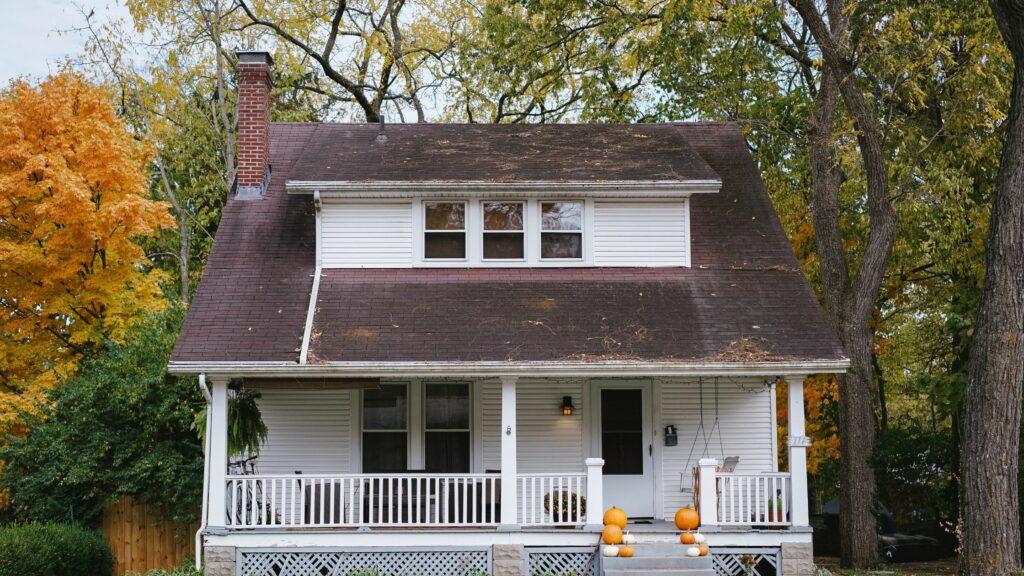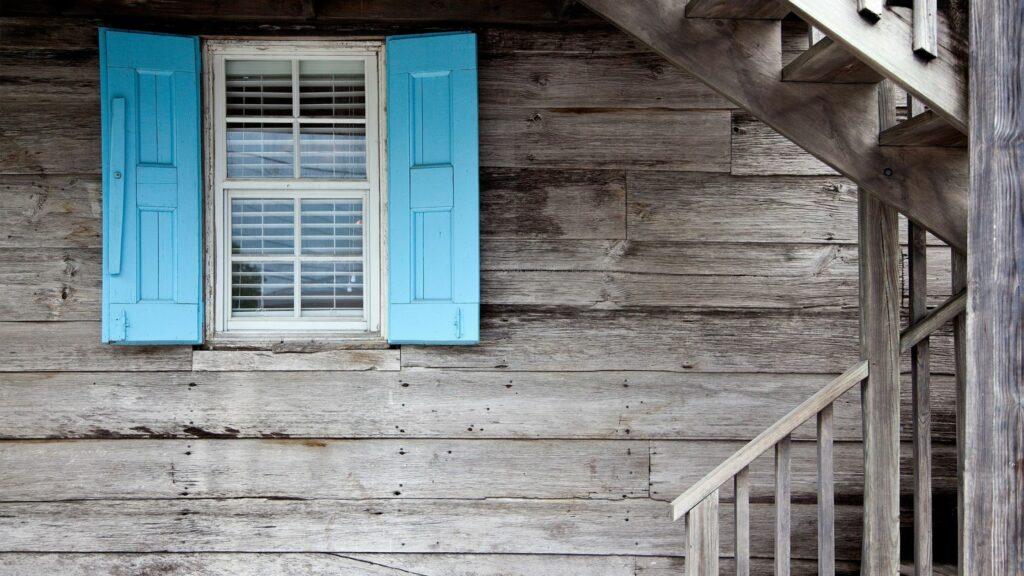As a homeowner in Massachusetts or Rhode Island, you’re no stranger to the ever-fluctuating weather conditions that demand efficient heating and cooling systems. Keeping your home comfortable year-round often relies on your ability to maintain an airtight living space. A vital aspect of this process is ensuring your windows aren’t leaking air. We’ll take you through the steps to identify and address potential air leaks, helping you save on energy costs and maintain a cozy home environment.

Why Checking for Window Air Leaks is Vital
Before we delve into the methods of detecting window air leaks, it’s essential to understand why this task is crucial. Air leaks, particularly around windows, can lead to several issues for homeowners in Massachusetts and Rhode Island. Here’s why checking for window air leaks is vital:
- Energy Efficiency: Air leaks result in significant energy loss. In the cold winter months, warm air escapes through these leaks, forcing your heating system to work harder. Conversely, in the hot summer months, cooled air escapes, increasing the load on your air conditioning system. This inefficiency can lead to higher energy bills.
- Comfort: Air leaks can create drafty spots near windows, making certain areas of your home uncomfortable. Ensuring an airtight seal around windows can help maintain consistent indoor temperatures and improve overall comfort.
- Sustainability: Reducing energy consumption by sealing air leaks contributes to a more sustainable living environment. It decreases your carbon footprint and supports your commitment to eco-friendly living.
Professional Energy Assessment
While you can perform some initial checks yourself, hiring a qualified technician like Energy Geeks for a comprehensive energy assessment is an excellent starting point. We often conduct a blower door test, which is a precise method for identifying air leaks. A blower door test depressurizes your home, revealing the location of many leaks. Besides detecting air leaks, a complete energy assessment helps determine areas in your home that need more insulation.

DIY Window Air Leak Detection
If you prefer a DIY approach or want to supplement your professional assessment, there are several methods to identify air leaks around windows. Here’s a step-by-step guide:
Visual Inspection
Start with a detailed visual inspection from both the interior and exterior of your home. On the outside, look for areas where old caulking has failed, revealing gaps between window or door frames and your home’s siding. If you have old single-paned windows, check for damaged glazing, the putty holding the glass panes in place.
From the inside, inspect the threshold under each door, searching for daylight or signs of an opening that needs sealing. Ensure that the weather stripping around windows and doors is in good condition, noting any damage that requires replacement.
Building Pressurization Test
Consider conducting a basic building pressurization test if you’re having difficulty locating leaks. This test increases infiltration through cracks and leaks, making them easier to detect:
- Turn off all combustion appliances on a cool, windy day.
- Close all windows, exterior doors, and fireplace flues.
- Turn on exhaust fans that blow air outside or use a large window fan to suck air out of rooms.
- Use a lit incense stick to check the edges of windows and doors for drafts. Any disturbance in the smoke indicates a draft.
Other air-leak detection methods include shining a flashlight at night over potential gaps while a partner observes from outside and performing the dollar bill test to check for easy energy loss.
Detecting Air Leaks with a Smoke Test
Conducting a smoke test is another effective way to identify air leaks:
- Close all windows and doors and turn off combustion appliances.
- Turn on kitchen and bathroom exhaust vents to create negative pressure.
- Hold a lit incense stick close to the edges of windows and doors.
- Observe how the smoke behaves. If it wavers or is drawn inwards, it indicates an air leak.
- Using Infrared Thermometers
- Infrared thermometers can measure temperature differences around window and door frames. Cold spots indicate potential leaks where outside air is infiltrating your home. This method offers a visual representation of air leaks, making it easier to locate vulnerable areas.

Signs of Leaking Windows
In some cases, air leaks may not be visible, but certain signs can indicate potential issues:
- Rotten Wood on the Exterior: Wood rot around the exterior of a window is an early sign of a leaking window. Cracking around the windowsill and off-kilter joints are indications of wood rot. Addressing this promptly is essential to prevent further damage.
- Cloudy Windows: Seal failure between window panes can lead to cloudiness. Moisture trapped between panes causes this appearance. It’s a clear sign that your window’s seal has failed and should be addressed.
- Drafty Closed Windows: Window drafts are noticeable on windy days. If curtains move with the breeze or you feel cold air with a damp hand test, it’s a sign of window leaks. These drafts can make your home uncomfortable and increase energy costs.
- Black Fuzz and Dampness: Moisture infiltration from window leaks can result in black fuzz, mildew, or mold around the window frame inside or outside your home. It may also lead to cracked and bubbled paint or warping of window components.
- Dripping: The most obvious sign of leaking windows is water entering your home during rain. If you’ve ensured that your windows are fully locked and water still gets in, it’s time to call a professional.

Enhance Home Comfort & Prevent Window Leaks with Energy Geeks
In conclusion, regularly checking for window air leaks is essential for homeowners in Massachusetts and Rhode Island. Identifying and addressing these issues promptly can lead to improved energy efficiency, enhanced comfort, and a more sustainable living environment. Don’t hesitate to contact Energy Geeks when needed, and take action to maintain an airtight home that saves you money while keeping you comfortable year-round.

